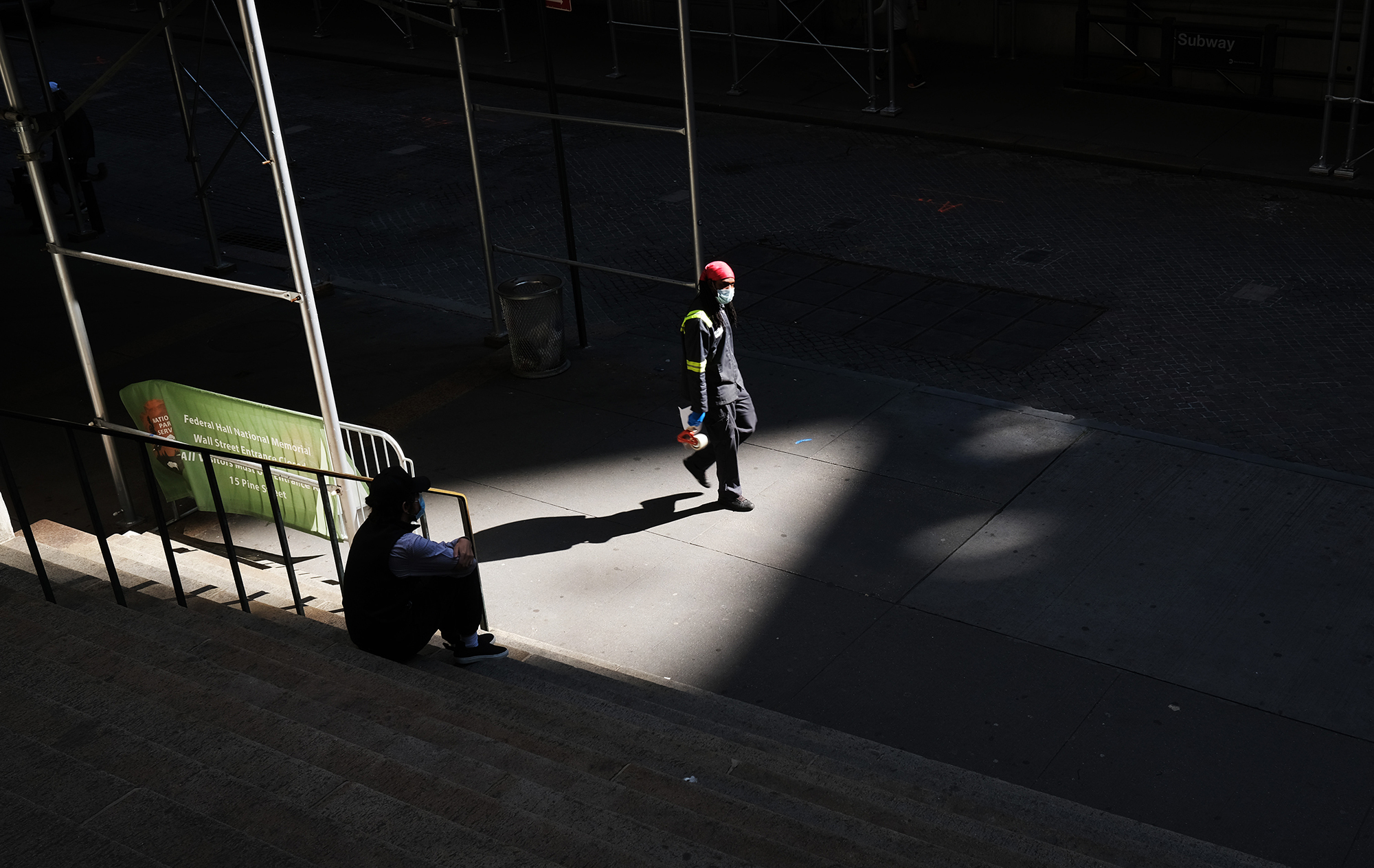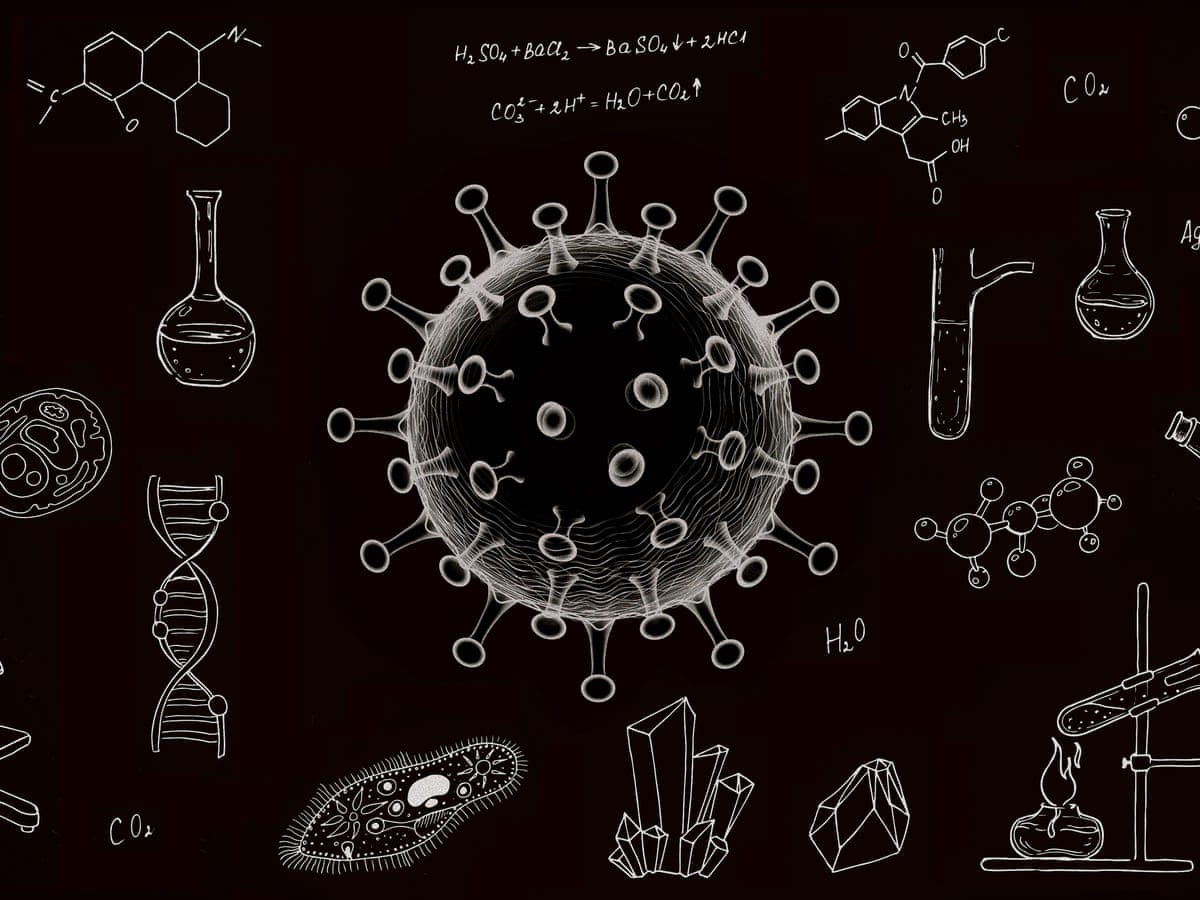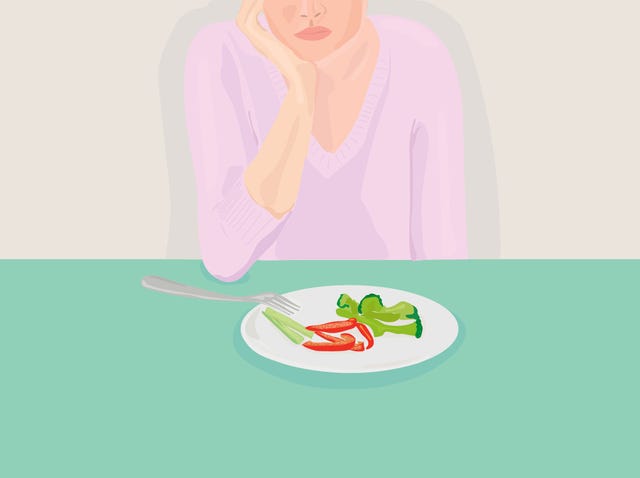Widespread use of contraceptives and, to a lesser extent, girls’ education through at least age 14 have the greatest impact in bringing down a country’s fertility rate. Education and family planning have long been tied to lower fertility trends. But new research from the University of Washington analyzes those factors to determine, what accelerates a decline...
Health
COVID Has Likely Tripled Depression Rate
A first-of-its-kind study from the Boston University School of Public Health (BUSPH) finds 27.8% of U.S. adults had depression symptoms as of mid-April, compared to 8.5% before the COVID-19 pandemic. Published in the journal JAMA Network Open, the study also found that income and savings are the most dramatic predictors of depression symptoms in the time of...
Children Can Have COVID-19 Antibodies and Virus in Their System Simultaneously
With many questions remaining around how children spread COVID-19, Children’s National Hospital researchers set out to improve the understanding of how long it takes pediatric patients with the virus to clear it from their systems, and at what point they start to make antibodies that work against the coronavirus. The study, published September 3 in...
Anxiety and Depression Are Associated with Medical Care Avoidance During the Pandemic
Since the start of the COVID-19 pandemic, there has been empirical and anecdotal reports of declines in both emergency and ambulatory medical visits. However, little research has been conducted to identify why these declines have occurred. New research now shows a strong association between mental health symptoms and medical care avoidance. Among a sample of...
A Brief History of Chocolate – and Some of Its Surprising Health Benefits
Chocolate in all its forms is something that I, along with many others like to indulge in on an almost daily basis. But chocolate as it’s enjoyed today is quite different from when it first arrived in Europe from South America around the 16th century. To the indigenous Aztec people, cocoa was consumed as a...
Genomic Analysis Reveals Many Animal Species May Be Vulnerable to SARS-CoV-2 Infection
Humans are not the only species facing a potential threat from SARS-CoV-2, the novel coronavirus that causes COVID-19, according to a new study from the University of California, Davis. An international team of scientists used genomic analysis to compare the main cellular receptor for the virus in humans — angiotensin converting enzyme-2, or ACE2 —...
Research Reveals Toll of Pandemic on Those with Eating Disorders
The COVID-19 pandemic is having a profound, negative impact on nine out of ten people with experience of eating disorders, a new study from Northumbria University, Newcastle, reveals. According to Beat, the UK’s eating disorder charity, approximately 1.25 million people in the UK have an eating disorder. Until now, little was known about the impact...
Report Reveals Young People Felt Less Anxious and More Connected to School in Lockdown
Younger teenagers in the South West of England felt less anxious and more connected to school when they were away from it during the COVID-19 global pandemic public lockdown, a first-of-its-kind study has found. The striking results of research led by the University of Bristol are published by the National Institute for Health Research School...
Study Finds Signs of Altruism in People’s COVID-19 Worries
When it comes to worrying about the COVID-19 pandemic, a new study demonstrates that people are more concerned about whether their family members could contract the virus or if they are unknowingly spreading the virus themselves than they are with contracting it. The study, conducted by researchers from the Lifespan Brain Institute (LiBI) of Children’s...
Bereaved Families Are ‘the Secondary Victims of COVID-19’
Every day, the nation is reminded of COVID-19’s ongoing impact as new death counts are published. What is not well documented is the toll on family members. New research suggests the damage is enormous. For every person who dies of COVID-19, nine close family members are affected, researchers estimate based on complex demographic calculations and...










